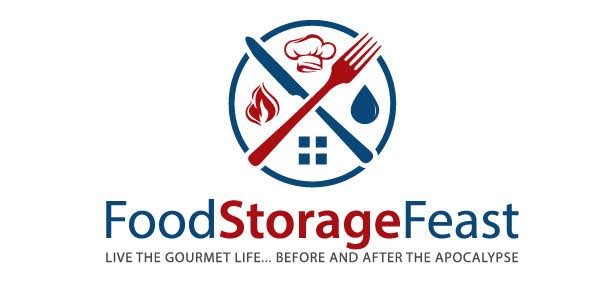The Pantry Paradox: How a Well-Stocked Kitchen Can Benefit Families During Emergencies
Title: The Pantry Paradox: How a Well-Stocked Kitchen Can Benefit Families During Emergencies
Introduction:
In times of uncertainty and emergencies, having a well-stocked pantry can be a saving grace for families. While the idea of avoiding trips to the grocery store may seem counterintuitive, maintaining a full pantry can offer numerous advantages when facing unexpected challenges. This article explores the benefits of having a stocked kitchen and how it can contribute to a family's resilience during emergencies.
1. **Emergency Preparedness:**
A pantry stocked with essential non-perishable items serves as a foundation for emergency preparedness. In the event of unforeseen circumstances such as natural disasters, power outages, or public health emergencies, families can find comfort in knowing they have a supply of sustenance readily available. This preparedness minimizes the need for last-minute rushes to the store, reducing stress and ensuring that the family's basic needs are met.
2. **Financial Savings:**
Maintaining a well-stocked pantry can lead to significant financial savings over time. By buying items in bulk and taking advantage of sales, families can avoid the often higher costs associated with impulse purchases during emergency situations. Additionally, having a stockpile of essentials means that families can make fewer, more calculated shopping trips, reducing transportation costs and the temptation to spend on unnecessary items.
3. **Food Security:**
A pantry filled with a variety of non-perishable foods ensures a degree of food security during emergencies. Families can diversify their diet with canned goods, grains, and other long-lasting items, minimizing the reliance on perishable items that may spoil during power outages or other disruptions. This food security is especially crucial in situations where access to grocery stores may be limited or restricted.
4. **Reduced Exposure to Risks:**
During emergencies, public spaces like grocery stores may become crowded, increasing the risk of exposure to illnesses. By minimizing trips to the store, families can reduce their exposure to potential health hazards. This is particularly relevant in times of pandemics or when faced with other public health threats, where limiting contact with crowded places is advised.
5. **Community Support:**
Maintaining a well-stocked pantry not only benefits individual families but also contributes to community resilience. By avoiding unnecessary trips to the grocery store, families free up resources for others who may be in more urgent need. This communal spirit becomes essential during emergencies, fostering a sense of solidarity and support within the community.
Conclusion:
In the face of emergencies, a well-stocked pantry can be a lifeline for families. Beyond the convenience of having essential items readily available, it promotes financial savings, food security, and community support. By minimizing trips to the grocery store, families can navigate uncertainties with greater ease, focusing on their well-being and the well-being of their community. The pantry paradox, where avoiding trips to the store because your pantry is full proves advantageous during emergencies, underscores the importance of proactive and thoughtful household planning.
